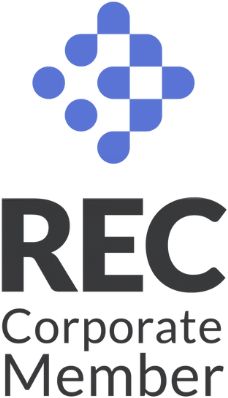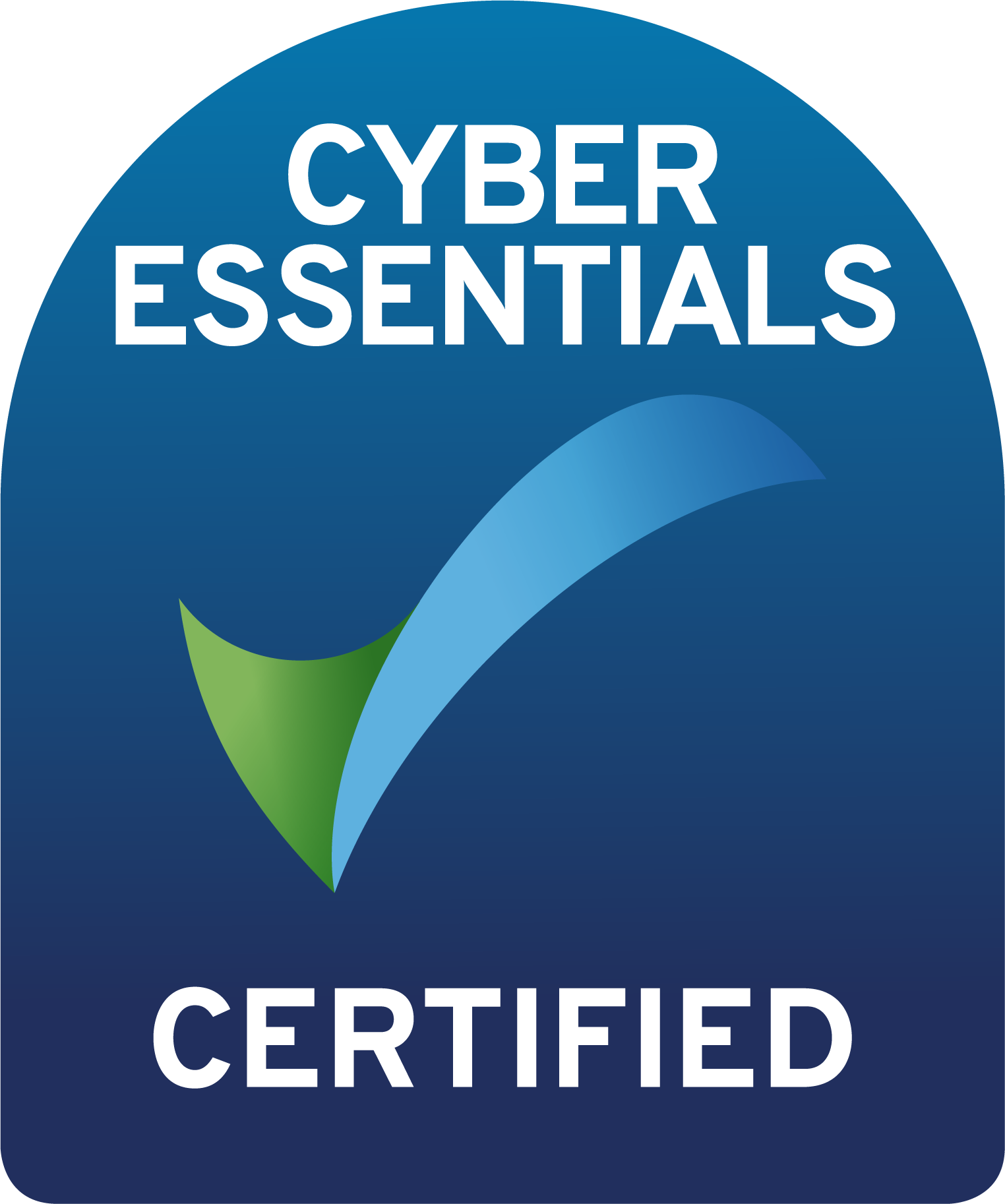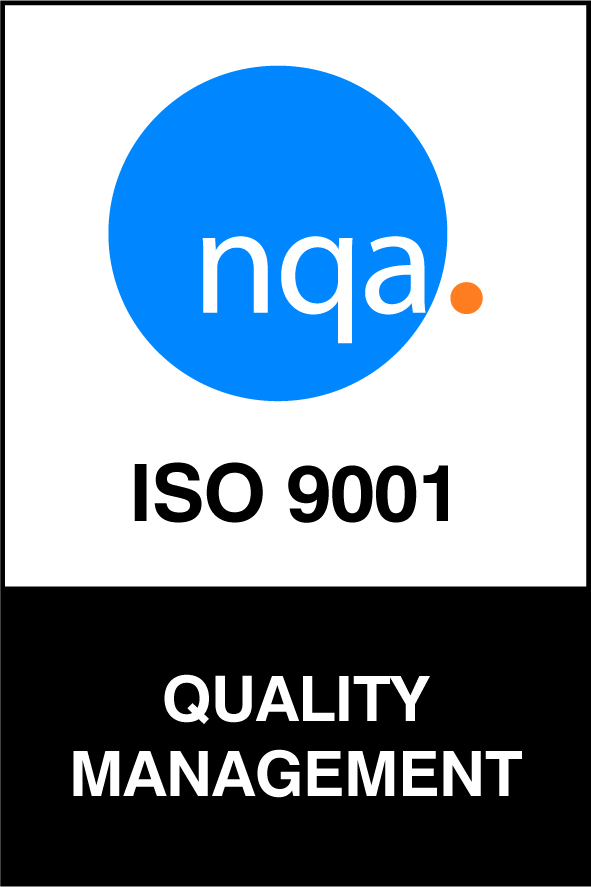Displaying items by tag: cv help
Without further ado, Calibre presents the third instalment of our 'CVs to Get You Hired' blog series: Insider Tips for the Perfect Market Research CV. Written by our specialist marketing Consultant, Matthew Finlay.
 Matthew Finlay MIRPDirector at Calibre Search - Recruiter in the Marketing Industry with a leaning towards Market Research/Insight.
Matthew Finlay MIRPDirector at Calibre Search - Recruiter in the Marketing Industry with a leaning towards Market Research/Insight.
Linkedin. A CV is like a marketing document - a tool you can use to present yourself in the best possible light. There can be a certain expectation, especially for those in consumer research, that applicants ought to be adept in the art of marketing. As a result of this, those applying to jobs in the field of market research can feel under pressure to produce an excellent CV that will demonstrate some marketing ability.
I've had a good hard think about the best (and the worst) market research CVs I have seen in my time as a specialist consultant. If you're an Insight Manager, Research Manager, Marketing Analyst, Research Director, Research Executive or similar - I'm confident that these 5 steps will help you craft a great CV that will impress employers.
Market research can be a fast-paced and ever changing environment, so treat your CV like a living document that evolves along with the industry. That means continually updating and polishing your CV to get the best results with your job search.
 Matthew Finlay MIRPDirector at Calibre Search - Recruiter in the Marketing Industry with a leaning towards Market Research/Insight.
Matthew Finlay MIRPDirector at Calibre Search - Recruiter in the Marketing Industry with a leaning towards Market Research/Insight.Linkedin. A CV is like a marketing document - a tool you can use to present yourself in the best possible light. There can be a certain expectation, especially for those in consumer research, that applicants ought to be adept in the art of marketing. As a result of this, those applying to jobs in the field of market research can feel under pressure to produce an excellent CV that will demonstrate some marketing ability.
I've had a good hard think about the best (and the worst) market research CVs I have seen in my time as a specialist consultant. If you're an Insight Manager, Research Manager, Marketing Analyst, Research Director, Research Executive or similar - I'm confident that these 5 steps will help you craft a great CV that will impress employers.

1. Punchy profile.
Employers can spend as little as 20 seconds before they decide whether they like your CV or not. Your profile should be the first thing they see, so it really needs to make an impact. A personal profile should be a well-written snapshot of your career to date, your goals and achievements and include any 'selling points' that set you apart from other candidates. State whether your bias is quantitive or qualitative, too. Try to work out what your next employer is looking for (the job description is your main clue) and tweak the profile accordingly. Do they need a safe pair of hands on analysis? A good project manager, perhaps - or a business developer? Most importantly - your personal profile needs to be really well written to draw employers in. Use positive language to enforce your achievements - write with verbs rather than adjectives. For example, you could use words like 'launched,' 'developed, 'co-ordinated,' and 'motivated.' However, with this in mind, rid your profile of any cliched buzzwords like 'creative,' 'hard-working,' or 'team player.'2. The key is in the detail.
I'm always reminding candidates to include methodologies, achievements and project details in place of just writing simple job descriptions with a list of general responsibilities. While responsibilities are obviously important information for the employer - such as what parts of the research you were responsible for and what parts you oversaw - it is the specific details that can really impress an employer. If you work for an agency, explain whether you were involved from project brief right through to presenting the findings. Have you moderated focus groups, conducted depth interviews or presented back to clients? If so be sure to include this. If you work clientside, what were the strategies of the company or department? What were the challenges, and how did you overcome them? If you're higher than entry level, detail your mentoring or managing responsibilities. How about going one step further and saying whether your subordinates were motivated, improved as researchers, or received promotions. If you have been promoted, it's crucial that this is mentioned in your employment history. Don't be afraid to note specific projects that you found interesting, too - all of this will make you stand out.
3. Tell the employer what you're good at... and leave them in no doubt that you are good at it.
While this is your first, and possibly only, opportunity to market yourself as the ideal candidate, don't just make random unsupported claims. Tell the reader what you are good at, and leave them in no doubt that you are good at it by supporting this with results and statistics. What are your key strengths? If it's thinking strategically, include examples. Most importantly, mention the impact you had on our client or employer. Did you excite and motivate stakeholders - if you did, say how. Was anything introduced because of your findings? If you have the information available, explain what impact this had on the bottom line. Perhaps your research resulted in an improved customer satisfaction rate of 40%, or the actions implemented as a result of your research directly increased online sales by 25%? The more facts and figures you can use to give evidence the better.4. Get the balance right between having a personality and being professional.
Getting the balance right between being professional and letting your personality show can be tricky when it comes to writing CVs. Many candidates are wary of straying too far from the traditional CV formats. But, in reality, showing your personality won't make you seem unprofessional if done correctly. In fact, a lot of research agencies or departments take personality into account when hiring. It's important to research the company's culture before you start writing so that you can highlight any similarities. One way to inject some personality is to include a key achievements section. If you're worried, it's always a good idea to err on the side of caution.
5. Perfect and polish.
Writing only makes up half the task of creating a great CV. The other half is made up of going over and over your CV and making sure it's as good as it can possibly be. It's been said time and time again, but it's crucially important to thoroughly check for mistakes. Researchers (especially Quanties) are normally very thorough - I have one client who prides himself on finding mistakes in quantitative researcher's CVs!Market research can be a fast-paced and ever changing environment, so treat your CV like a living document that evolves along with the industry. That means continually updating and polishing your CV to get the best results with your job search.
There's a lot more I could say on this topic so if you have any more questions, please call me on 01132346047 or email matthew.finlay@calibresearch.co.uk Once you have impressed employers with your CV you may well need some hints and tips on how to excel in your interview - why not check out my blog about how to ace a market research interview here.
Published in
Recruitment News











